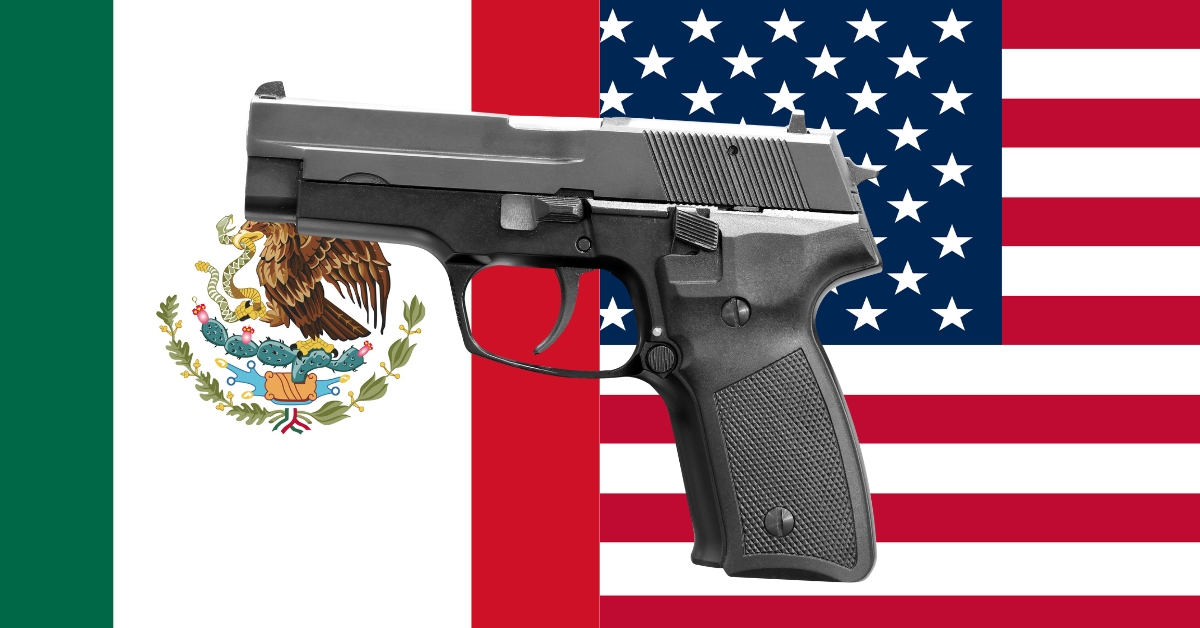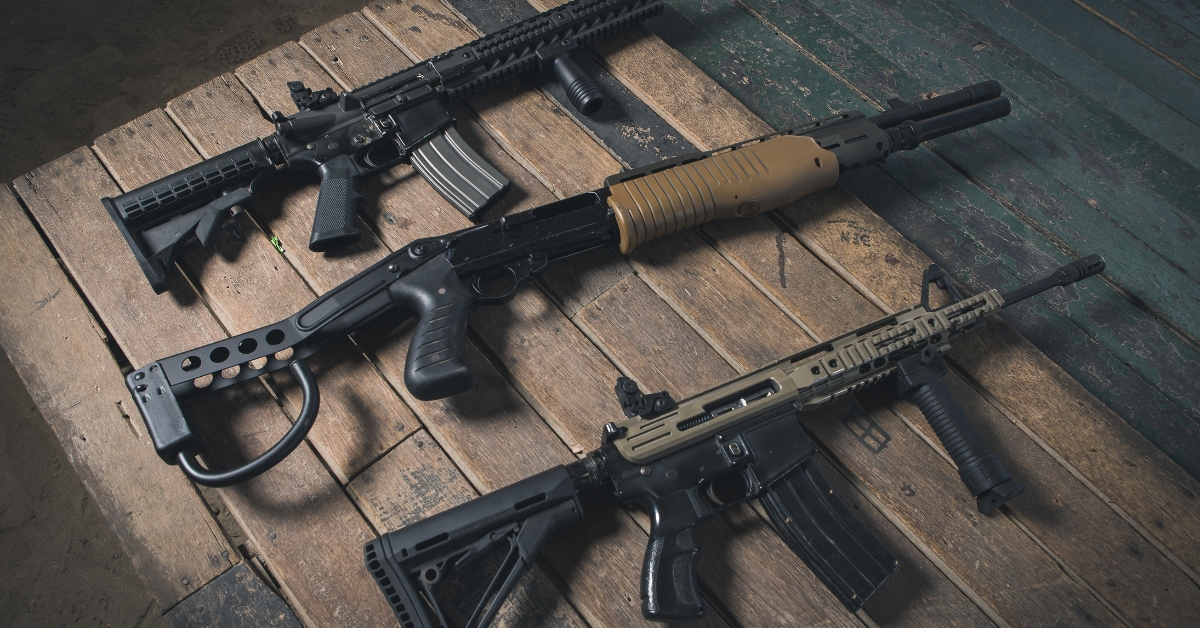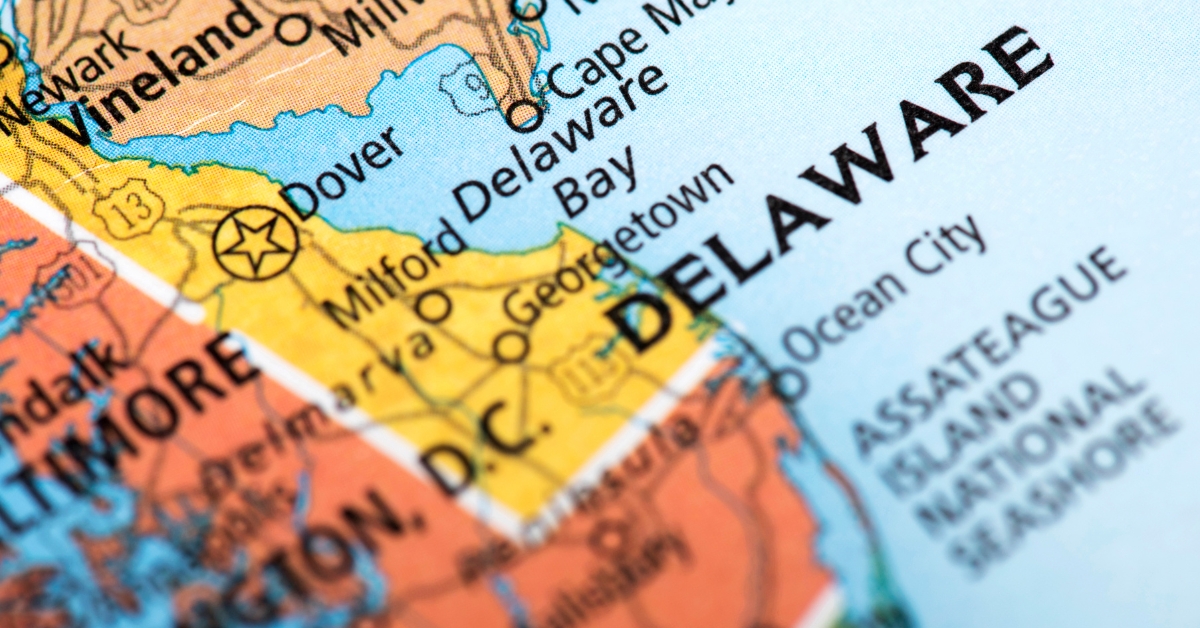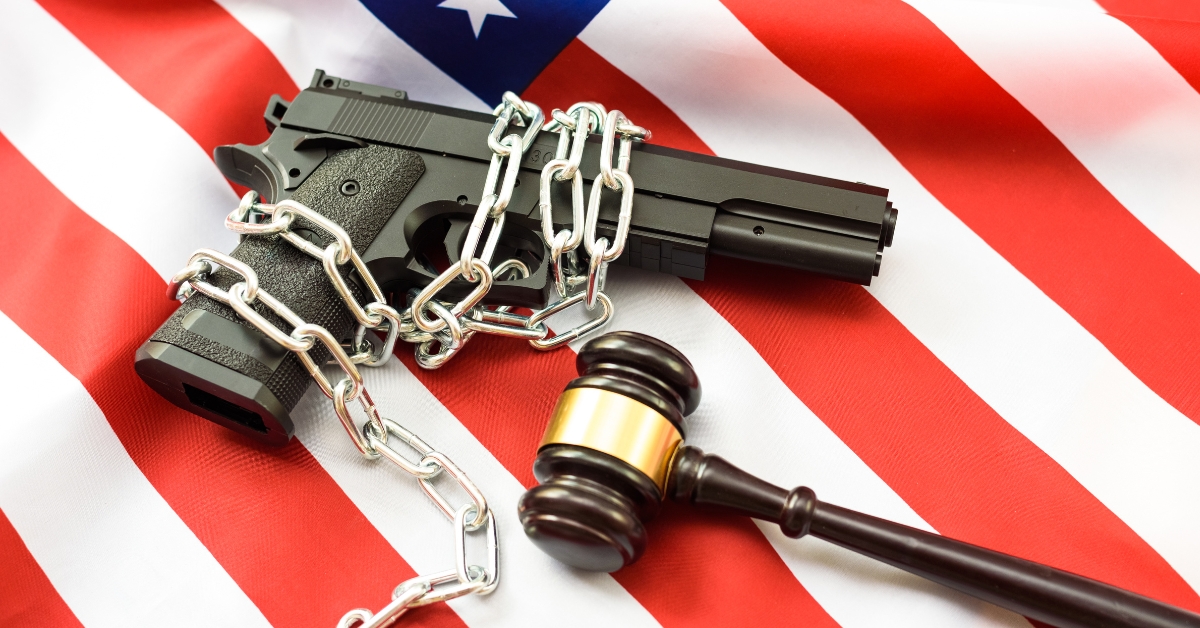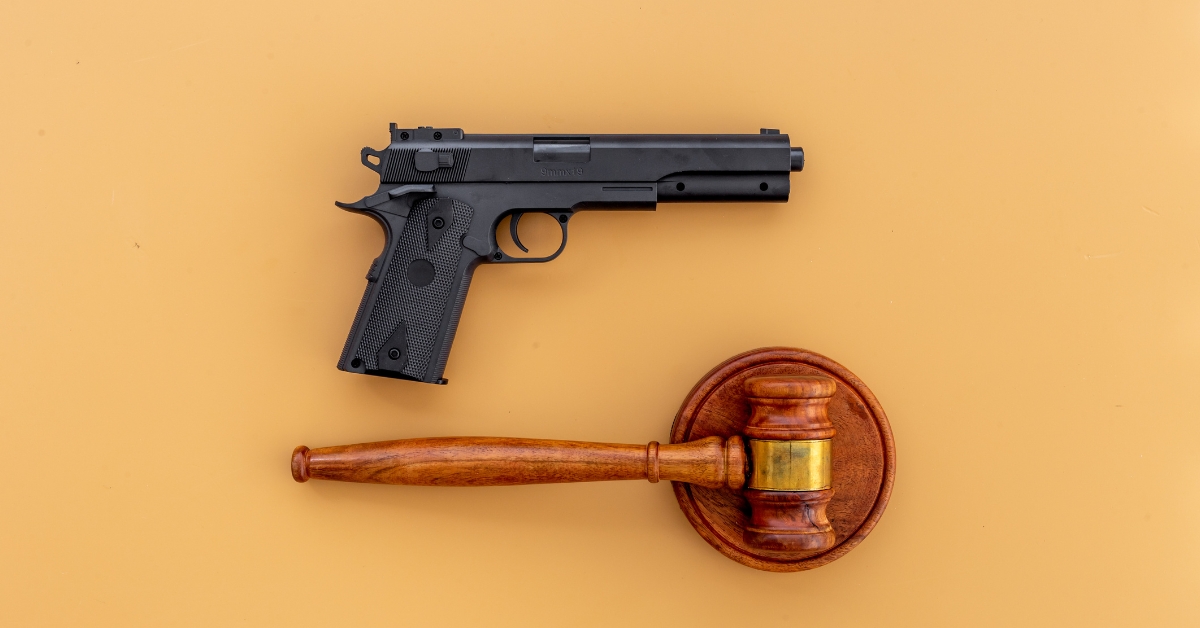
SCOTUS Will Not Review Controversial IL Gun Law for Now
This week, the Supreme Court chose not to step into the fray over Illinois‘ contentious semi-automatic weapons ban, leaving a lower court’s decision intact and the law firmly in place—for now. This decision came right before the Court adjourned for its summer recess, effectively sidelining the appeals for review of Illinois’ restrictive measures against certain firearms, attachments, and magazines. It’s a clear evasion from tackling one of the most pivotal issues related to the Second Amendment rights of American citizens.
Justice Clarence Thomas, in a sharply worded statement, highlighted the urgency for the Supreme Court to clarify what types of weapons fall under Second Amendment protection. The Seventh Circuit had previously decided against a preliminary injunction on Illinois’ law, shockingly ruling that popular firearms like the AR-15 do not qualify for constitutional safeguards. This kind of judicial reasoning is alarming—it seems to push the Second Amendment into the shadows, treating it as a lesser right, which Thomas rightly criticizes.
The background to this legal battle is grim, with the law being enacted after the tragic 2022 mass shooting at the Highland Park Fourth of July Parade. This event has become a rallying cry for those advocating for more stringent gun control. Yet, in the rush to legislate safety, Illinois has trampled on the constitutional rights of law-abiding citizens, opting to demonize a category of firearms widely used for legitimate purposes, from personal defense to sporting.
Justice Thomas further underscored that the Second Amendment clearly covers “all instruments that constitute bearable arms”—a broad definition that should protect the rights of citizens to own commonly used semi-automatic rifles. He pointed out the scant guidance provided by previous rulings like District of Columbia v. Heller, which leaves too much open to interpretation, including crucial terms like bearable, dangerous, or unusual. His assertion that Illinois’ sweeping ban is “highly suspect” because it broadly prohibits common firearms used for lawful purposes resonates with many Americans who see this as an overreach.
It’s clear that the Supreme Court’s decision to sidestep this issue does not signal an end to the debate but merely postpones a necessary confrontation with the implications of restrictive gun laws on constitutional rights. As the legal battles wind their way back through the courts, one can only hope that the Supreme Court will eventually seize the opportunity to reaffirm the fundamental rights enshrined in our Constitution, rather than allow them to be eroded by fear-driven legislation. The citizens of Illinois, and indeed all Americans, deserve no less.
